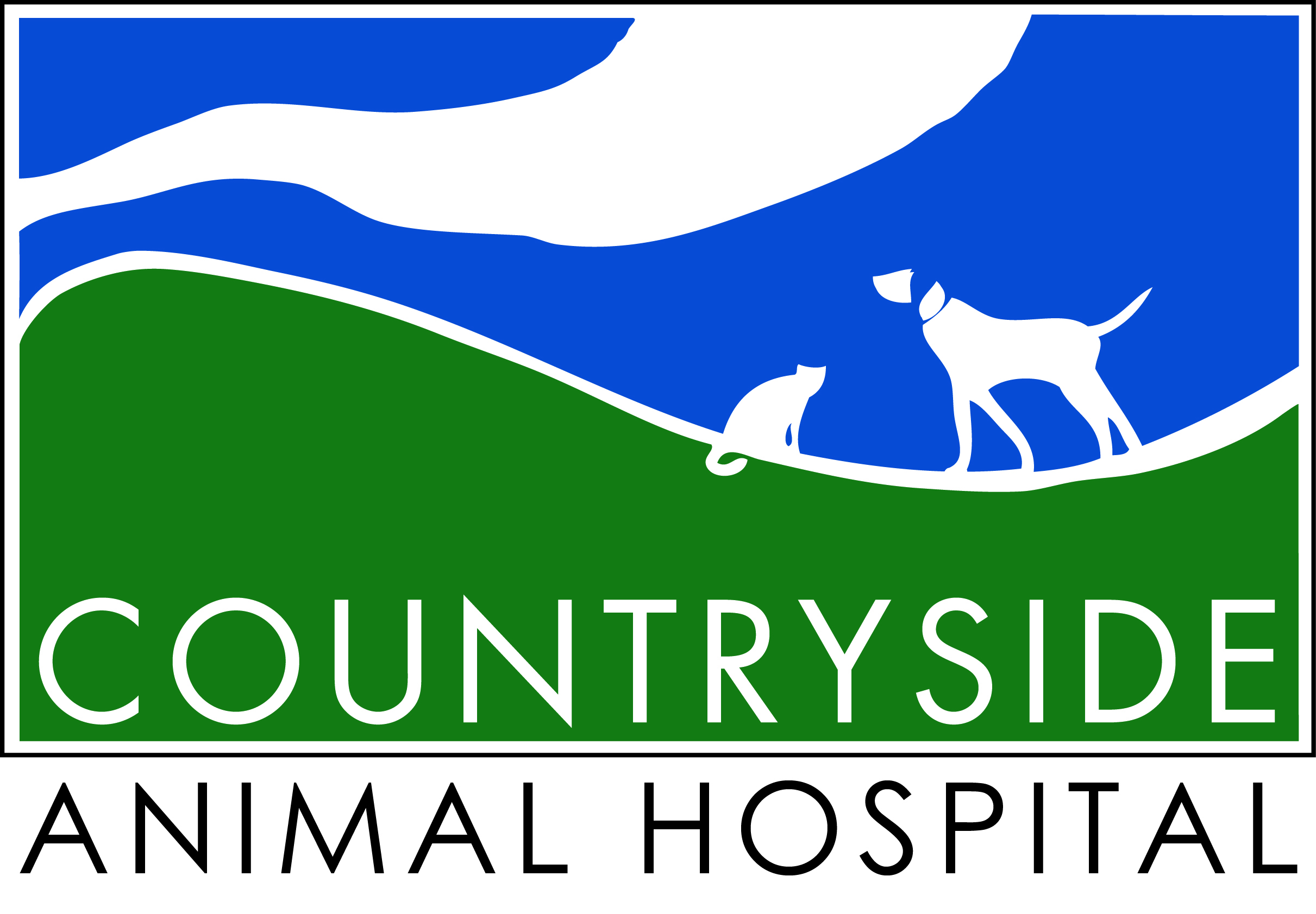Keeping your dog and cat’s teeth clean is every bit as important as keeping your own teeth clean. You can improve the quality of and extend the life of your pet by regular brushing and professional teeth cleaning.
DOGS
- Puppies develop 28 temporary teeth at about two to three weeks of age. Their 42 permanent teeth emerge at about four months of age; teething is over by 9 months.
- Studies show that by age three, 80 percent of dogs exhibit signs of gum disease.
- Small dog breeds are more likely than large dog breeds to develop periodontal disease. The teeth of small dogs are comparatively large for their mouths, forcing the teeth closer together.
CATS
- Kittens receive 26 temporary teeth at about two to three weeks of age. They start losing baby teeth and getting 30 permanent teeth at about three to four months.
- Studies show that by age three, about 70 percent of cats show signs of gum disease.
A HEALTHY MOUTH
Poor oral hygiene leads to tartar, tartar causes gingivitis, and gingivitis leads to bone loss around the teeth, receding gums, and the process of bacteria flowing into the bloodstream called bacterial showering. Bacterial showering damages other organ systems, notably heart valves, kidneys, and the liver.
ACTION STEPS FOR DOGS AND CATS
- Both puppies and kittens should have a dental examination by a veterinarian at two, three, and four months of age, followed by annual examinations. Early dental exams allow the veterinarian to identify dental development problems early when the pet can benefit from early intervention.
- All dogs and cats can benefit from a regular home dental care routine that is recommended by a veterinarian. This home care program can include brushing, rawhides, chew toys, and special dental diets.
- Brushing does work if introduced at a young age or gradually in the older animal. Make the initial sessions short and positive. Associating brushing with attention and treats is the only way to get effective cooperation. Pet toothpaste is tasty and does not foam like human toothpaste.
- Many pet owners rely on the veterinarian to examine the teeth annually and perform dental cleanings as necessary. Teeth cleanings of pets is just like human cleaning, the tartar is removed and the teeth are polished smooth to retard plaque growth.
- We have some excellent oral hygiene suggestions for your pet. Speak to one of our certified technicians for more information.
